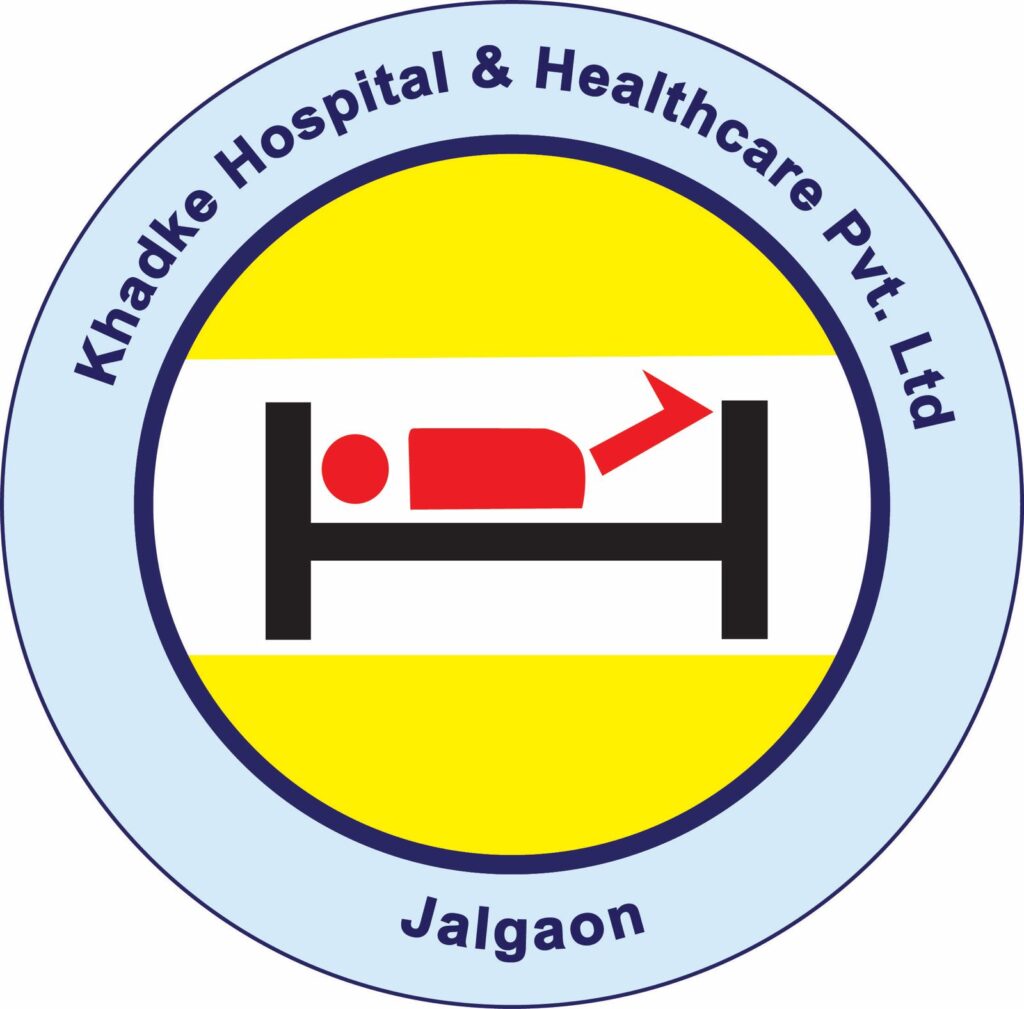What Is Hypertension?
High blood pressure, or hypertension, is a severe health condition that affects millions globally.
It occurs when blood pressure against your artery walls remains consistently elevated.
It is often referred to as a “silent killer,” hypertension typically shows no apparent symptoms, resulting in gradual, unnoticed damage to vital organs.
If left untreated, it may result in serious complications, including
- Heart attacks
- Strokes
- Kidney failure
How Can I Detect High Blood Pressure?
- A checkup with a healthcare provider is the only reliable way to know if you have high blood pressure.
- Regular screenings are essential even if you feel healthy, as many people experience no symptoms.
- They are essential for effectively managing hypertension and preventing complications.
What Are the Symptoms of Hypertension?
Most individuals with high blood pressure do not experience any symptoms, emphasizing the importance of regular monitoring.
However, if blood pressure reaches dangerously high levels (180/120 mmHg or above), some may experience symptoms such as:
- Severe headaches
- Heart palpitations
- Shortness of breath
- Nosebleeds
These symptoms indicate a hypertensive crisis, which requires immediate medical attention.
What Causes Hypertension?
Hypertension causes are categorized as either primary or secondary.
- Primary Hypertension: The most prevalent type generally arises from genetic predispositions, poor dietary habits, physical inactivity, and aging.
- Secondary Hypertension: This type can result from underlying medical conditions like kidney disease, sleep apnea, hormonal imbalances, or certain medications.
How Is Hypertension Diagnosed and Treated?
Diagnosing hypertension involves measuring blood pressure with an inflatable arm cuff.
Doctors may recommend lifestyle adjustments and medications if multiple readings indicate high levels.
Treatment options may involve
- Dietary modifications
- Increased physical activity
- Weight management
- Drugs.
Implementing lifestyle changes—like
- Reducing sodium intake
- Increasing potassium consumption
- Managing stress
can naturally help lower blood pressure.
What Are the Prevention Strategies for Hypertension?
Preventing high blood pressure largely hinges on embracing a healthy lifestyle.
Key strategies include:
- Following a balanced diet that is high in fruits and vegetables.
- Reducing sodium intake
- Achieving and maintaining a healthy weight
- Engaging in regular physical activity
- Limiting alcohol consumption
- Avoiding tobacco use
Keeping track of your blood pressure at home and practicing relaxation techniques like meditation can help maintain healthy blood pressure levels.
Take Control of Your Health Today!
At Khadke Hospital and Healthcare Pvt Ltd, we prioritize your health by helping you manage your blood pressure. Schedule your checkup today to receive expert guidance and personalized treatment plans. Your journey to better health begins now!

